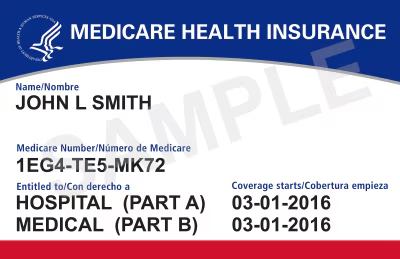
Senior Help & You LLC
Are you feeling lost in your retirement planning journey?
Navigate Retirement with Confidence
Avoid the Pitfalls of Retirement Confusion
Are you navigating the maze of Medicare and insurance options?
Information overload on retirement options
Confusing Social Security claiming options
Fear of making the wrong decision
Missed opportunities for better options
Feeling overwhelmed by insurance choices
Lack of trustworthy guidance
Procrastination on important financial planning
Increasing anxiety about financial future
Schedule a consultation today!
Experience Peace of Mind in Retirement
Enjoy clarity and confidence as you plan your financial future.
Personalized assessments that fit your unique needs.
Expert guidance for Medicare and insurance choices.
Knowledgeable support from certified professionals.
Stress-free planning for your financial peace of mind.
We Understand Your Concerns
Count on our expertise for reliable and compassionate support.
Certified Professionals
Here to Help
Trust our RSSA and AHIP
certifications to guide you.
Hundreds of Satisfied
Clients
Join many who have found
clarity with our help.
Thanks to Senior Help And You, I finally feel secure about my retirement decisions.
Mary Thompson, Satisfied Client
Follow Our Simple 3-Step Process
Taking control of your retirement is easier than you think.
Schedule Your Consultation
We assess your unique needs and goals together
Receive Tailored Options
Get clear options designed for your situation.
Choose with Confidence
Select the best path with our expert guidance.
Thanks to Senior Help And You, I finally feel secure about my retirement decisions.
Mary Thompson, Satisfied Client
Your Peace of Mind is Our Priority
Navigating retirement shouldn't be stressful.
At Senior Help And You, we recognize how overwhelming the world of retirement planning and insurance can be for seniors. With countless options to sift through, it’s easy to feel lost and confused. That’s where we come in. Our team offers personalized consultations, guiding you step-by-step through Medicare plans, insurance coverage, and more. With our expertise, you can make informed decisions that secure your financial future and allow you to enjoy your retirement fully.
Contact Us
This is a solicitation for insurance. Important disclosures about Medicare Plans: Medicare has neither endorsed nor reviewed this information. Not connected or affiliated with any United States Government or State agency. We do not offer every plan available in your area. Any information we provide is limited to those plans we do offer in your area. Please contact Medicare.gov or 1-800-MEDICARE to get information on all of your options.
This material has been prepared for informational purposes only, and is not intended to provide, and should not be relied on for, tax, legal or accounting advice. You should consult your own tax, legal and accounting advisors before engaging in any transaction.
Copyrights 2025 | Senior Help And You | Terms & Conditions | Privacy Policy




